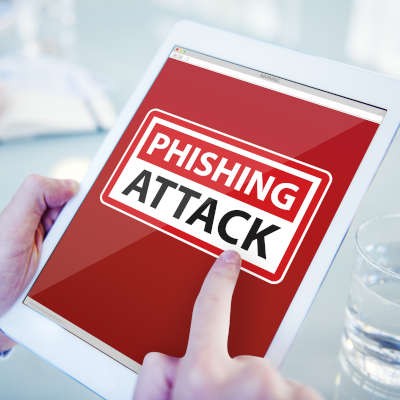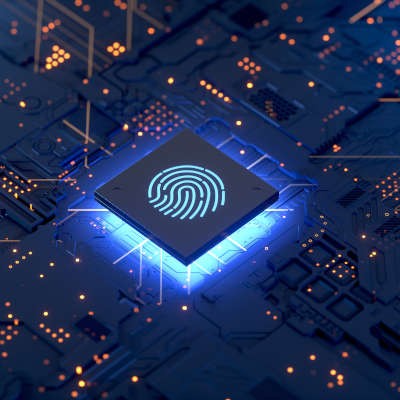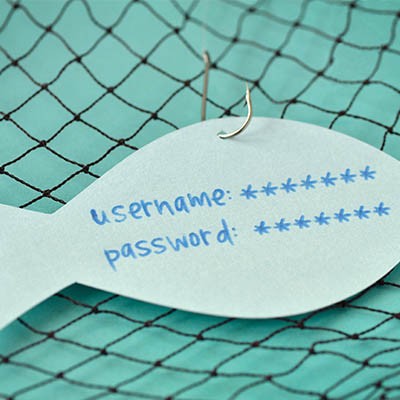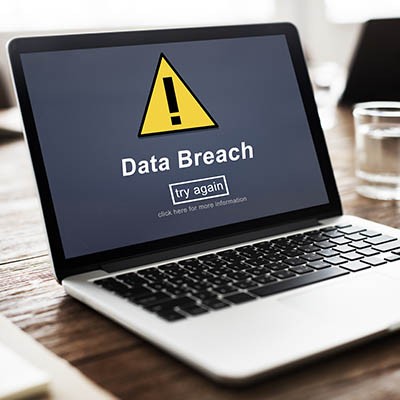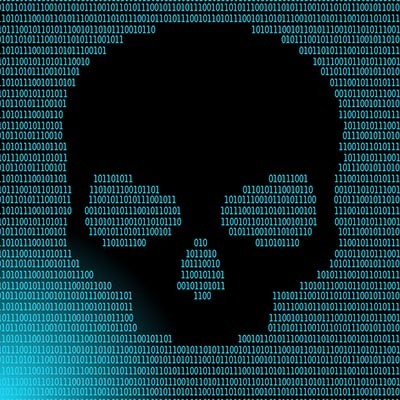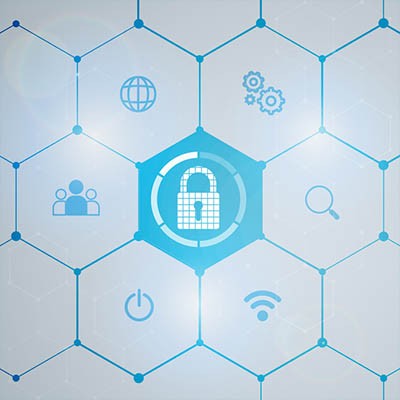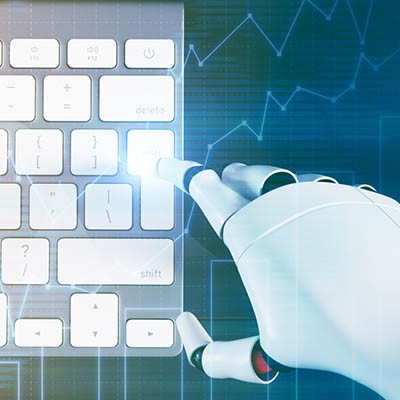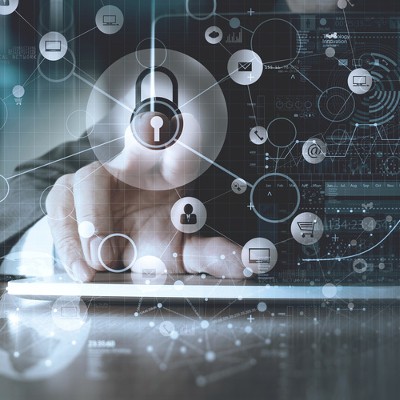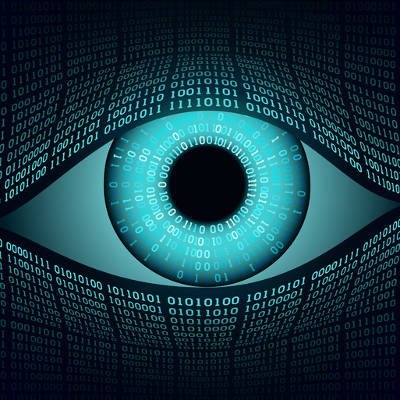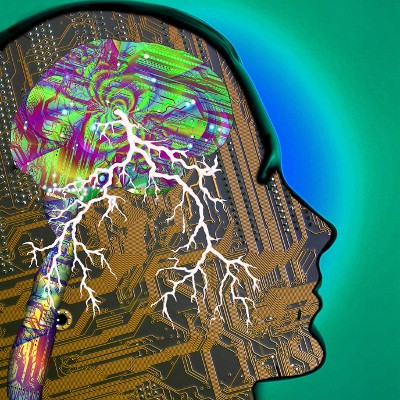In March, when the stay-at-home orders first came down, and businesses started asking their employees to work from home, it was obvious that many of them were not prepared for this contingency. As the pandemic has gone on, however, businesses have had to adapt. Today, we thought we would look at some of the solutions and strategies that are being used by businesses to secure their endpoints with most of their workforce out of the office.
About Business Solutions & Software Group
Business Solutions & Software Group has been serving the South Florida area since 1997, providing IT Support such as technical helpdesk support, computer support and consulting to small and medium-sized businesses. Our experience has allowed us to build and develop the infrastructure needed to keep our prices affordable and our clients up and running.
Recent News
Contact Us
10211 W Sample Road Suite 114
Coral Springs, Florida 33065
Mon to Fri 9:00am to 6:00pm


